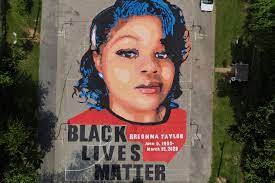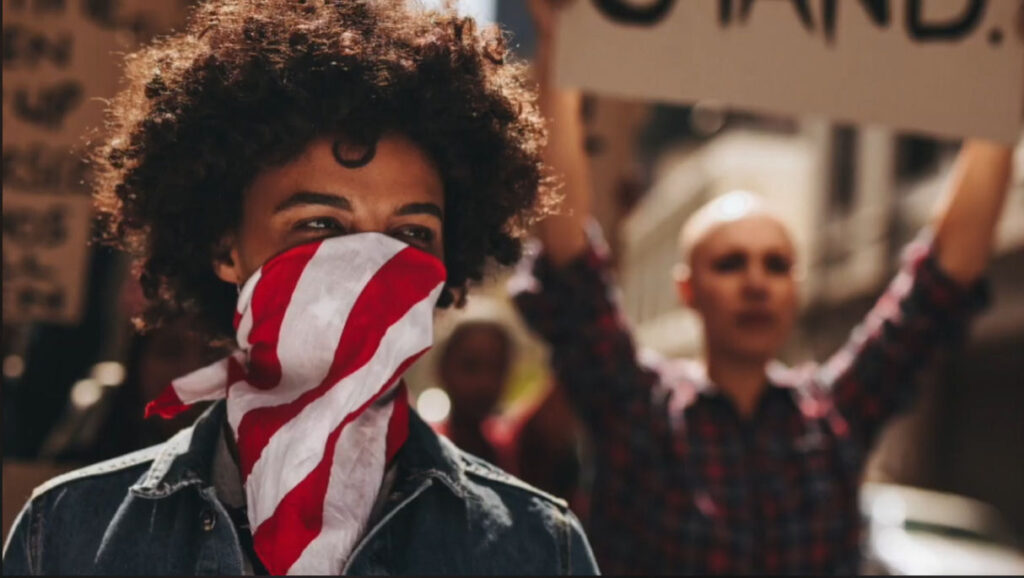GENEVA (28 June 2021) Read the full press release UN Human Rights Chief urges immediate, transformative action to uproot systemic racism
العربية | 中文 | Français | Pусский | Español
“Systemic racism needs a systemic response”.
High Commissioner Michelle Bachelet.
UN High Commissioner for Human Rights Michelle Bachelet on Monday issued an urgent call for States to adopt a “transformative agenda” to uproot systemic racism, as she published a report casting a spotlight on the litany of violations of economic, social, cultural, civil and political rights suffered by people of African descent – on a daily basis and across different States and jurisdictions.
“The status quo is untenable,” High Commissioner Michelle Bachelet said.
“There needs to be a comprehensive rather than a piecemeal approach to dismantling systems entrenched in centuries of discrimination and violence. We need a transformative approach that tackles the interconnected areas that drive racism, and lead to repeated, wholly avoidable, tragedies like the death of George Floyd.”
“I am calling on all States to stop denying, and start dismantling, racism; to end impunity and build trust; to listen to the voices of people of African descent; and to confront past legacies and deliver redress.”
The report details the “compounding inequalities” and “stark socioeconomic and political marginalization” that afflict people of African descent in many States.
The UN Human Rights Office was mandated in June 2020 by Human Rights Council resolution 43/1 – in the wake of the murder of George Floyd in the United States – to produce a comprehensive report on systemic racism, violations of international human rights law against Africans and people of African descent by law enforcement agencies, government responses to anti-racism peaceful protests, as well as accountability and redress for victims.
The analysis carried out by the Office is based on online consultations with over 340 individuals, mostly of African descent; over 110 written contributions, including with States; on a review of publicly available material; and on additional consultations with relevant experts.












